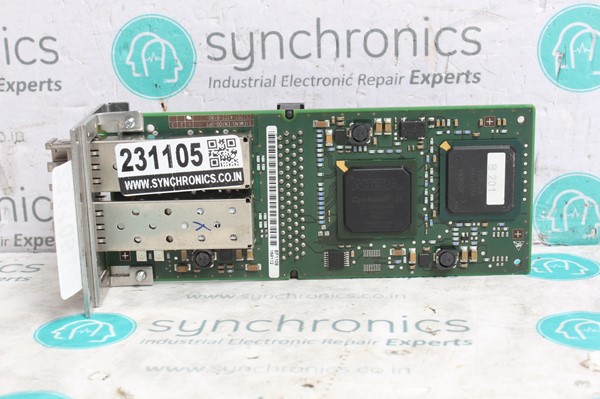Smart home integration permits homeowners to control and manage their thermostats from afar as well as view surveillance footage, and programmed indoor and outdoor lighting. A homeowner could save money and power by integrating intelligent home technology.
To ensure seamless connectivity the smart home device requires an internet connection that is stable. It is susceptible to interruptions and outages.
New Constructions
It’s been a while, but intelligent home technology is getting accepted in the new construction residences. Toll Brothers luxury homes and other homes in different markets feature built-in systems to control temperature, lighting and more.
Smart home systems can automate appliances and improve energy efficiency, security, comfort and design. This system lets homeowners remote control home appliances as well as other devices with a smartphone.
Because many smart objects communicate and exchange information and data, they work in harmony. Blinds that automatically adjust according to the direction of the sun during the day will minimize glare, safeguard floors and artwork and reduce temperatures. Smart fridges sense when you run out of milk and automatically add that item on your shopping checklist.
Benefits
The homeowners can streamline their work through smart technology, and also manage the devices with their fingers. It can be anything from xay nha tron goi tphcm adjusting the thermostat and lighting to creating a personalised home cinema or setting your Venetian blinds to lower in the evening.
Homeowners can reduce energy use by using smart technology. A centralised system will show the amount consumed in real-time of each appliance. This helps them find power hungry appliances that are constantly on and not in use, helping to reduce bills and the amount of waste.
It also switches off the lights whenever a space isn’t occupied to reduce utility bills. This technology also adjusts temperature based on the patterns of daily use in order to ensure no overheating. It will also provide data on how much energy is used by various devices, such as smart light bulbs switch, door locks, switches as well as the dishwasher or washing machine.
Trends
Technology for home automation has advanced to be precisely matched to users’ individual needs and personal preferences. Smart thermostats are able to adjust temperature according to a home owner’s schedule and daily habits. Smart lighting systems can be integrated with customizable mood settings to suit any occasion. The doorbells with touchless technology are a new design that lets visitors announce their arrival without touching any surface which may spread germs.
The companies are also trying to make smart home devices easier to install. By using a smartphone with Wi-Fi connection, most home owners can connect and control the smart device, irrespective of their technical expertise. The ability to use smartphones and other devices without difficulty is crucial in the wake of the Coronavirus outbreak. The other trends are intelligent home security, personal healthcare management, new generation entertainment and robotics.
Things to Consider
There are many benefits of smart home tech, but there are also some things homeowners must take into account. First, it could pose cybersecurity dangers and require a professional installation.
A further concern is how these technologies affect the power dynamics between humans and machines. Hildebrandt envisions the future as the home of a computer controlled house, inhabited by sleepy residents who communicate and communicate via the personal assistants of digital technology. Wong, et. and. warns that SHTs can affect the way people interact with each other and machines.
Finally, the smart home technology rely on a strong internet connection for proper operation. Unreliability or a weak connection can lead to device malfunction or outage. Therefore, it is essential to choose a reliable service provider, such as Optim Managed WiFi to get maximum performance.
Scalability
Smart home systems must be adaptable, because technology changes rapidly. That means it has to be capable of handling new technologies, and integrate them as well as adapt to the changes in lifestyle. A professionally-installed smart home system excels at this.
If you want to make sure your home automation system is able to grow, you need to choose a platform which is open and has support for standards of wireless connectivity like Z-Wave or Zigbee. It’s also important to consider your options for the integration of mobile devices. It may take quite a long period of time for cellular devices to be accredited, and could be necessary to negotiate with multiple providers around the world.
Ultimately, an intelligent home system will provide you with assurance that it will accommodate your changing needs. Choose smart home solutions which are able to update seamlessly with little downtime to avoid costly and lengthy software, hardware as well as cellular upgrade.




